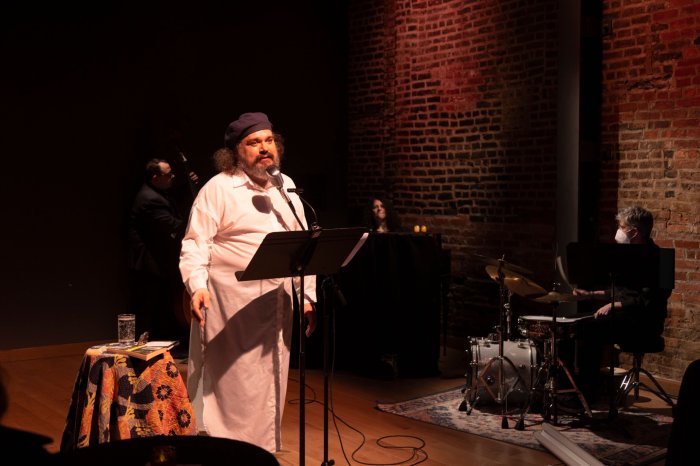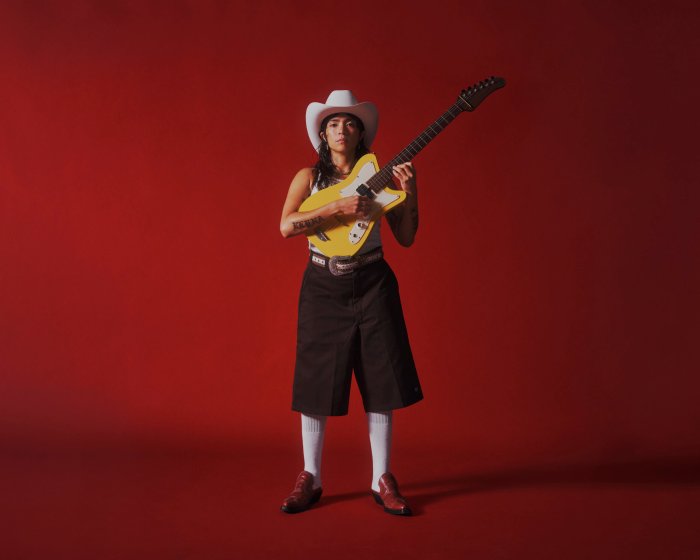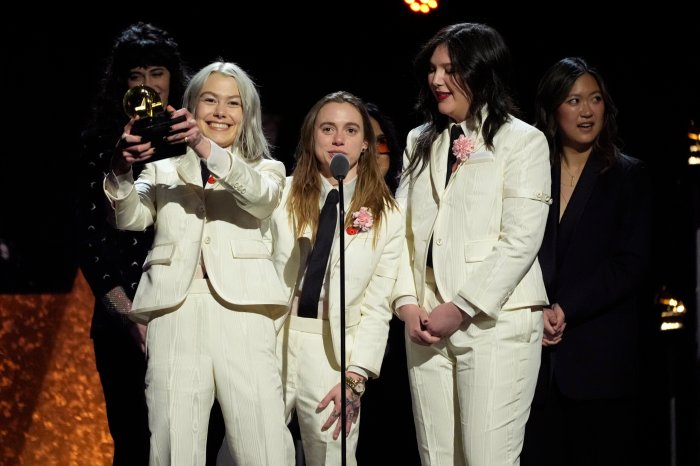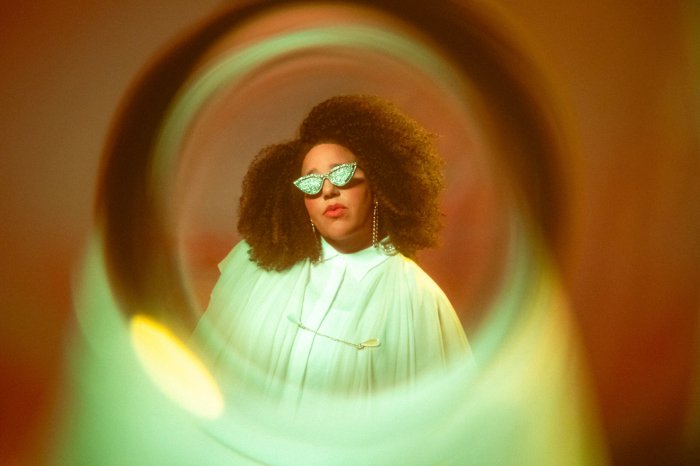BY ELI JACOBSON |The enterprising Peter Gelb decided to jazz up the Metropolitan Opera in the Parks series this summer by substituting a celebrity duo concert for the full-length operas in concert they usually present.
Angela Gheorghiu and Roberto Alagna are more glamorous names than the house artists and cover singers who frequently tour the city parks during the summer. Still, theirs was just a one-off affair and in Prospect Park, which even this proud former Brooklyn resident has to admit has less cachet in the public eye than Central Park.
Met, Gheorghiu, Alagna combine musicianship, crowd-pleasers in Brooklyn.
As for being a potpourri of arias and light classical and popular song lollipops — well that has a long history dating back to Caruso right up to Pavarotti in Central Park more than 15 years ago. In the 1960s, the Met had a concert series in Lewisohn Stadium that featured evenings devoted to Broadway music and Gershwin songs. This program was hardly a step down from that.
The vocal part of the evening maintained a sustained level of elegance and charm due solely to the once and forever “love couple.” The orchestral section of the evening fell short mainly due to the inept conducting of Ion Marin, a Romanian compatriot of Gheorghiu and frequent collaborator in her concerts. Marin made an international splash 17 years ago due mainly to his dark good looks, not his conducting skills.
Flabby, disjointed renditions of the overtures to “La Forza del Destino” and “Nabucco” ended up just filler despite competent though uninspired playing by the Metropolitan Opera Orchestra. The Met chorus, in good voice, lumbered through rambling renditions of the Anvil Chorus from “Il Trovatore” — a piece I only enjoy in old Warner Bros. cartoons — and “Va Pensiero” from “Nabucco.” There were ensemble problems in his accompaniments to the arias and duets of the stars as well.
The two stars are old hands at these open-air concerts having often performed similar programs in Europe, but this was their stateside debut in this format. Glamorous and projected in close-up on Trinitron screens on either side of the stage, they possess enough charisma and charm to work an outdoor venue of this size. Despite being married for more than a decade — the nuptials taking place after a performance of “La Boheme” at the Met and presided over by then-Mayor Rudy Giuliani — the two carried on like newlyweds.
The tenor in particular would often eagerly move in for a nuzzle or kiss with his wife during both appropriate and inappropriate musical moments. The diva herself was more remote and less open to public displays of affection, bestowing brief kisses on her importunate spouse only during applause.
Gheorghiu also displayed her diva credentials by modeling three — count 'em three — changes of gown during the evening, all with slits to show glimpses of shapely leg. Alagna also changed from white to blue silk tuxedo jacket, making himself look the part of a Vegas lounge crooner with his shaggy '70s haircut.
The rather brief two halves of the scheduled program were devoted to operatic arias and duets in French and Italian. I was particularly taken with the French music — some of it hardly standard operatic meat and potatoes or staples of their stage repertoire. The duet “Ton coeur n'a pas compris le mien” from Bizet's “Les Pecheurs de Perles” benefited from the soprano's dark brooding timbre and the tenor's linguistic fluency, though he could benefit from more true piano singing, especially at the top of the range.
This selection, however, was marred by the intrusion of a low-flying and noisy NYPD helicopter spying the crowd for possible terrorists or militant Villazon/Netrebko fans looking to start a riot. Luckily screams from the crowd sent the noisy flying nuisance off to other more likely hotbeds of hooliganism or worse.
Alagna and Gheorghiu did equally well in the “Parigi, o cara” duet from “La Traviata” an opera where both scored early triumphs.
The duet “C'est le Dieu” from Delibe's “Lakmé” was particularly rewarding despite the lack of shapely contours from the conductor's podium.
Gheorghiu took another excursion into coloratura repertory — though only the lyrical romantic passages — with Lucia di Lammermoor in the duet “Verranno at te sull'aure.” Again her smoky, hooded tones lent an aura of impending tragedy and foreboding reminding me of early Callas and young Moffo as well.
Alagna was less subtle in the tenor role, his recent excursions into Italian spinto repertory robbing his plangent voice of dynamic variation and liquid phrasing. However, this declamatory force was about all that distinguished the “Air du Condamné” from an unknown and probably unperformed opera “Le Dernier Jour d'un Condamné” by the tenor's brother, David Alagna. Despite some interesting Menotti-ish orchestration, the piece meandered and never found a distinctive melodic profile. A superior balance of lyricism and force distinguished the last act tenor aria “E Lucevan le Stelle” from Puccini's “Tosca.”
Gheorghiu came off as the more musically finished and thoughtful artist with her supple and well-phrased renditions of “Ebben? Ne andro lontana” from Catalani's “La Wally” (famous from the film “Diva”) and “Un Bel Di” from “Madama Butterfly.” Weirdly, during the second half what I initially thought were swallows turned out to be bats attracted by the stage lights. Given Gheorghiu's Transylvanian origins and her nickname of “Draculette” and “Vampira” in certain operatic circles, the mysterious appearance of these nocturnal creatures gave this critic chills and thrills that were distinctly non-musical.
However, the lengthy section of popular encores banished the bats and all dark and sinister thoughts from the general vicinity. Here the two artists seemed very much in their element joyously playing off each other and the crowd. The encores included the song “Caruso” by Dalla sung in Romanian by the soprano and a crowd-pleasing “Nessun Dorma” from the tenor.
Duets showed the singers reaching far and wide from chestnuts like the “Brindisi” from “La Traviata” to lovely surprises like the melodically charming operetta duet “Te Iubesc” from “Lasati-ma Sa Cant” by Romanian composer Dendrino. The pop side was further explored in duet renditions of “Granada” (sung twice) and “O Sole Mio” sung partially in English as “It's Now or Never” in a nod to another historical divo, Elvis Presley.
Though the crowd fell short of the projected and publicized 150,000, more than 50,000 attended and they had a lovely time abetted by the beautiful Brooklyn surroundings, the lovely weather (though storm clouds did roll in afterwards), and ample food and wine. The superstar couple managed to expertly balance adventurous musicianship with entertainment value.
So who can complain apart from jealous Manhattanites afraid to cross the river?


































